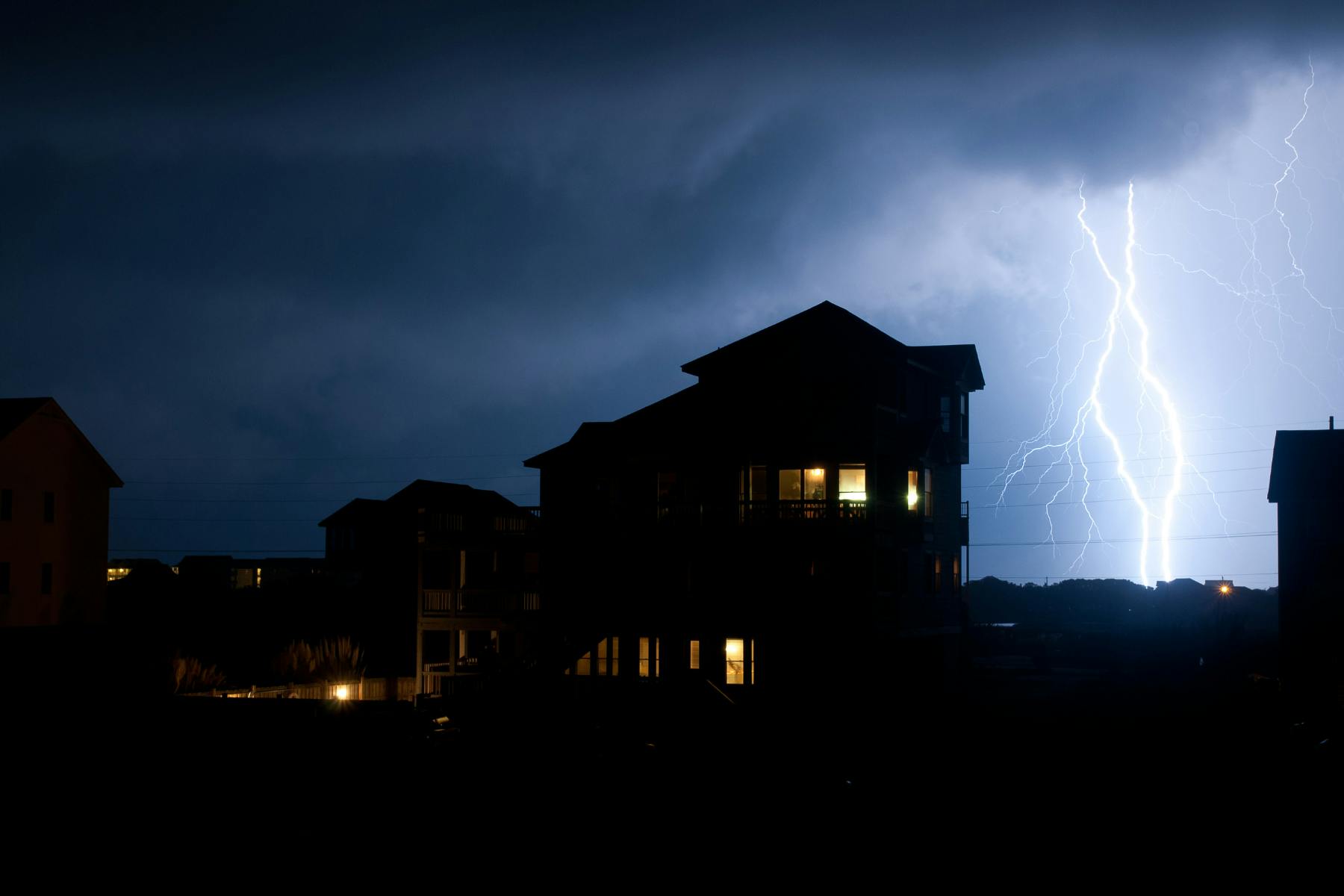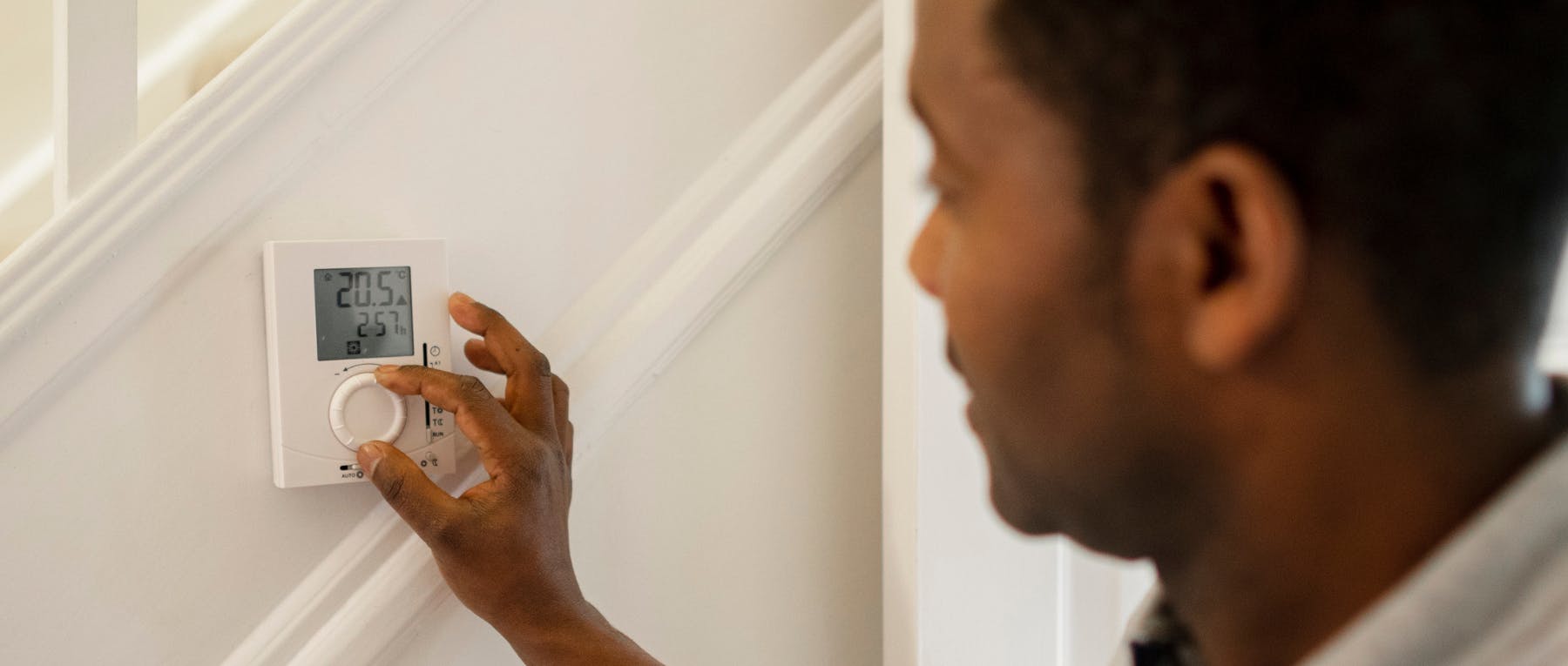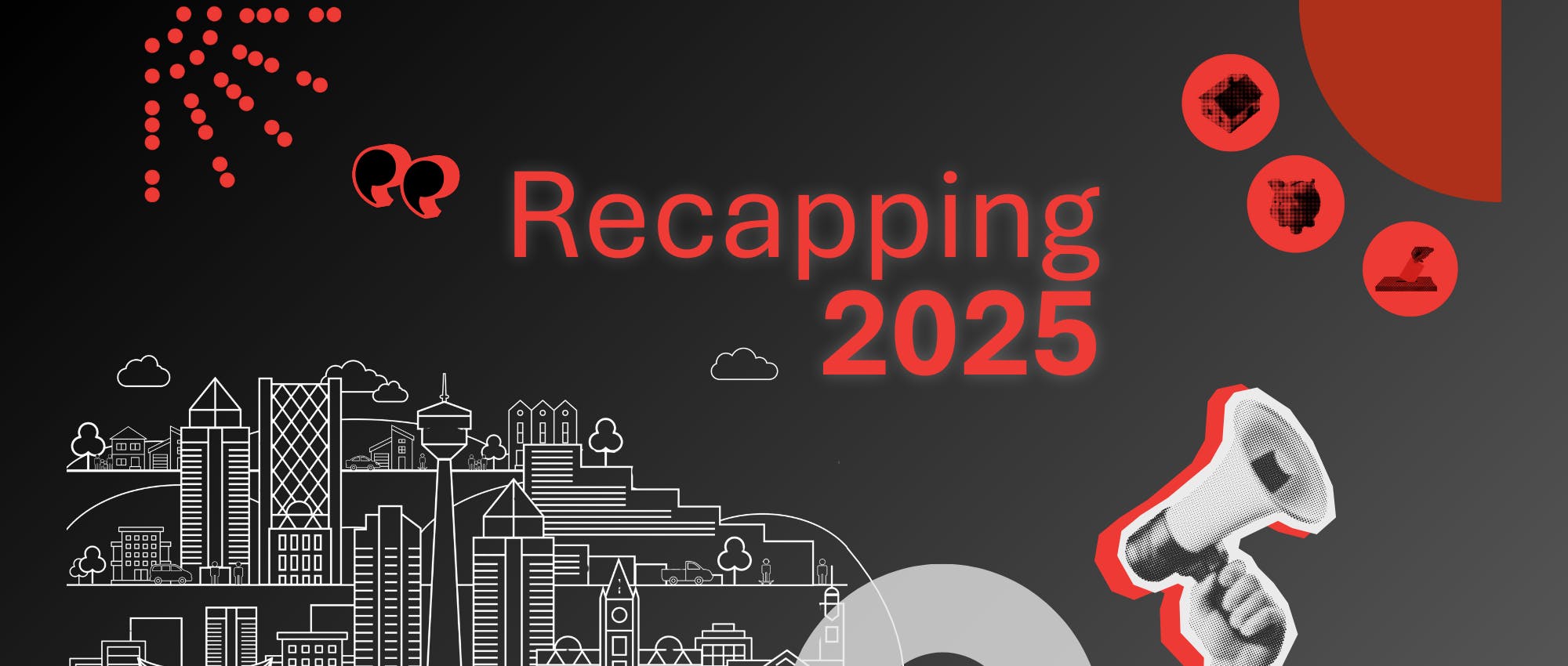- People experienced significant mental and emotional health impacts, including increased stress, anxiety and hyper-vigilance. Some of these impacts still persist today, including among children and youth.
- Supports like friends, family and neighbours played an important role in the recovery. However, this was not universal and many residents experienced the negative effects of isolation on their mental health and financial resiliency.
- There were short-term and long-term financial impacts, especially as a result of the cascading impacts of the economic recession, the COVID-19 pandemic, and the hailstorm.
- Accessing insurance was complex and complicated. Residents experienced a wide variety of challenges such as high deductibles and premiums, depreciation, insufficient coverage, and communication issues. Insurance policies were hard to understand, especially for community members who spoke English as a second language.
- Study participants wanted more support from the government, including ongoing subsidies for hail-resistant upgrades and financial assistance to buffer the limitations of insurance coverage. They called for community voices to be included and centered in disaster resilience conversations.
Article
Systemic inequality in Calgary highlighted by 2020 storm
A new study on the effects of the catastrophic 2020 hailstorm looks at the broad impacts to northeast Calgary communities
7 September 2022

A new Canadian Poverty Institute community-based study was released last week, shedding light on the ongoing effects of the catastrophic June 2020 hailstorm in Calgary. The storm is estimated to have caused around $1.2 billion in insurable losses, making it the costliest hailstorm and the fourth costliest disaster in recorded Canadian history at the time. The report recounts heartbreaking and traumatic stories from more than 40 community members and identifies opportunities for disaster management response in the community.
Here are five things to know about the Calgary Hailstorm Impact Study.
"...it was a scary reminder that no matter how much I do, the world can change it in a heartbeat."
Hailstorm Study study participant
The catastrophic hailstorm in 2020 highlighted systemic inequities that people face every day. Disasters are not just about money and who pays for the recovery; the broad impacts of this event were felt financially, emotionally, mentally, and physically. Societal supports to buffer the impacts of extreme weather and climate change need to consider these impacts. There is an opportunity here to reflect on the lessons learned from this event and to improve policies and processes for other unforeseen events.
Resources
- The study's author and the Chair of Poverty Talks! were interviewed by the Calgary Herald in this article: Massive June 2020 hailstorm left lasting scars for Calgarians, study finds
- Learn more about Community-based research.
- Learn more about climate change in Canada and social vulnerability and Calgary’s Climate Change Program.
- The Insurance Bureau of Canada publishes facts about the Property and Casualty Insurance Industry in Canada

1 in 5 Albertans live in energy poverty
For many impacted by 2020's hailstorm, the inability to complete exterior repairs led to an increase in energy costs. In fact, many Albertans are in a never-ending cycling of unaffordable bills, arrears and disconnection, along with the inability or resources to make repairs or changes to improve efficiency.
Related Articles
Recapping 2025: A Milestone Year for VCC
Celebrating 20 years of systems change and progress toward poverty reduction

Alberta gig workers push for recognition as unstable incomes, burnout take toll
New research from the Calgary Social Policy Collaborative reveals insights into trends, challenges and solutions for Alberta's gig workers

New research sheds light on Alberta’s gig economy
Calgary Social Policy Collaborative’s new report exposes the pressures facing Alberta’s gig workers and the policy tools that could better support them

